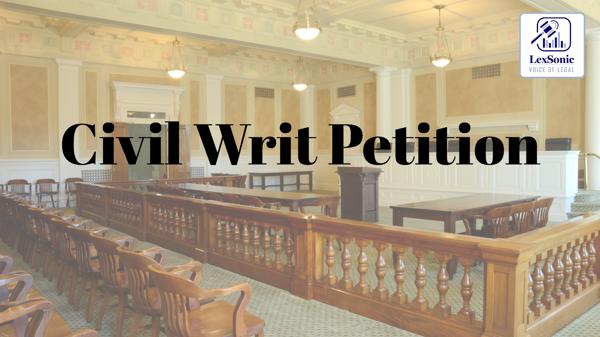Maharashtra Rent Control Act: Eviction on Grounds of Continuous Non-User.
10 July 2025
Civil Writ Petition >> Civil & Consumer Law
In a legal case of Tukaram Moraba Jaunjal (since deceased) & Others v/s Mangala Balkrishna Patwardhan & Others concerning eviction, the petitioners (tenants) challenged a judgment affirming their eviction from a shop premises. The respondents (landlords) had initiated the eviction suit on the grounds that the original tenant (the petitioners' predecessor-in-title) had kept the suit shop locked for over 15 months without reasonable cause, thus constituting "non-user" of the premises.
The Trial Court and the Additional District Judge both ruled in favor of the landlords, finding that there was continuous non-user of the shop for more than six months without reasonable cause. The courts weighed the evidence, including the lack of electricity consumption for a significant period and the tenant's failure to respond to a pre-suit notice. While acknowledging the tenant's explanation that the shop was closed due to his wife's illness and eventual death, both courts deemed this explanation insufficient to cover the entire period of non-user.

The petitioners appealed to the High Court under Article 227 of the Constitution of India, arguing that the lower courts erred by not explicitly considering "continuous" non-user and by inadequately appreciating the reasonableness of their cause for non-user. They cited previous judgments to support their claims.
However, the High Court dismissed the petition. It found that the landlords' pleadings adequately covered the elements of continuous non-user and lack of reasonable cause. The court distinguished the cases cited by the petitioners, noting that in those instances, there were insufficient pleadings or evidence regarding continuous non-user without reasonable cause. The High Court also noted that the defendants did not strongly dispute the non-user in their written statement and that the evidence of non-consumption of electricity was compelling.
The High Court upheld the concurrent findings of fact by the lower courts, emphasizing that its supervisory jurisdiction under Article 227 does not allow it to re-appreciate evidence or correct mere errors of fact. It concluded that there was no infirmity in the impugned judgment.
Finally, the High Court granted the petitioners four months to vacate the suit shop, subject to furnishing a usual undertaking within four weeks.
